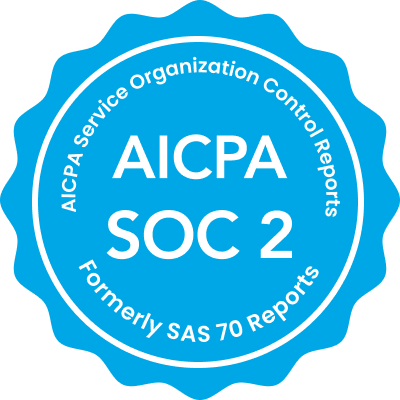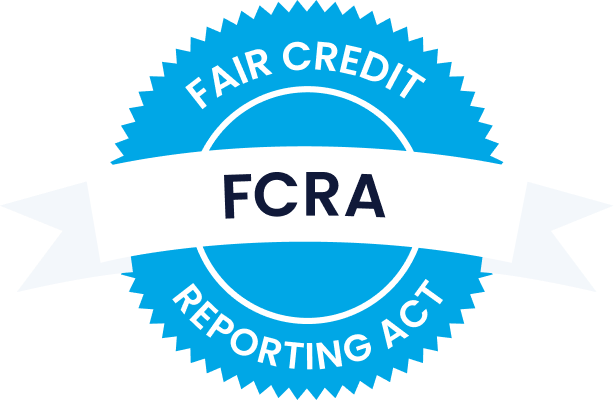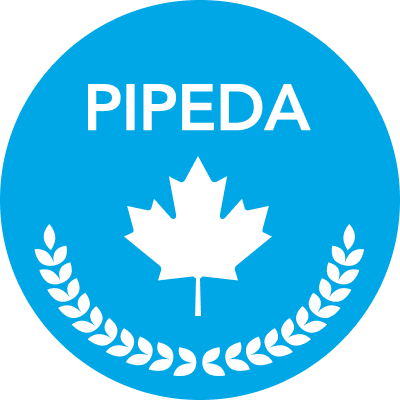Are you planning to raise your rent in 2025 for a rental unit you own in Newfoundland and Labrador? If so, you’ll want to get acquainted with the province’s rent increase guidelines, which govern how and when landlords can increase the rental fee they charge to tenants.
In Newfoundland, there are relatively few restrictions regarding rent increases. But there are some key rules you need to follow to ensure you comply with the province’s Residential Tenancy Act (RTA) and avoid legal trouble.
In this guide, we’ll cover everything you need to know about raising your rent in Newfoundland in 2025, including the maximum price you can charge and how and when to notify your tenant.
2025 updates to Newfoundland rent increase guidelines
In Newfoundland, there’s no rent control, which means you can increase your rent price to whatever amount you wish. However, you’re limited to only one rate increase per year, regardless of the type of property you own and the nature of the tenancy.
To legally raise your price, at least 12 months must have passed since your last increase or the date your tenant moved in. For a rent increase to be valid, you must provide written notice to your tenant using a government-approved form. The minimum notice required for fixed-term and month-to-month leases is six months. If your tenant pays rent weekly, you must inform them of a rent increase at least eight weeks before it takes effect.
If you discontinue a service or accommodation that’s part of your lease, the action may be considered a rent increase. For example, let’s say you remove a malfunctioning washer and dryer unit from your property and choose not to replace it. In this case, the value of the reduction in the service is equivalent to raising your rent. The reason is that your tenant can no longer use and enjoy a benefit they previously had access to under the lease agreement.
Rent increase exceptions
Suppose you add an extra amenity or benefit to your rental unit in 2025, such as a parking space. In this scenario, there’s no requirement to inform your tenant of a rent increase, provided they have agreed to this policy in writing beforehand.
You can also raise your price more than once during 12 months under such an agreement. For example, if you make a parking space available in April 2025, you can subsequently raise your rental fee, even if you’ve already done so in January.
How to raise rent by lease type: step-by-step process
Here are the steps for raising the rent for a Newfoundland rental property in 2025 for fixed-term and periodic leases.
Fixed lease
Step 1: Determine your new rent price
Begin by choosing your ideal rent price. Your new rent price should allow you to cover your operating costs, plus any renovations and upgrades. Calculate how much you spent maintaining your rental during the past year and determine what you need to charge to continue earning your current profit margin.
In addition, consider price trends for rental units in your area before settling on your new rate. Are other landlords that own properties similar to yours increasing the amount they charge? If so, by how much? Choosing a price that reflects local rental prices will allow you to stay competitive while earning a tidy profit.
Step 2: Prepare the notice of rent increase
In Newfoundland, you must inform your tenant in writing that you’re raising their rent under a fixed-term lease using this form, the Landlord’s Notice to Increase Rent.
Fixed-term agreements cannot be shorter than six months and cannot exceed 12 months.
Provide details that explain the reasons behind the rent increase. For example, you can list your operating expenses and note how they’ve risen throughout the year or any remodeling work you’ve done to the property. If you can justify your new price with compelling arguments, your tenant will be less likely to challenge it.
Step 3: Notify your tenant of the rent increase
Once you’ve filled out the rent increase form, it’s time to send it to your tenant. In Newfoundland, you must give your tenant a minimum of six months’ notice before the effective date of your new rent fee.
How you deliver your message is up to you, but you must ensure they receive it. Section 35 of the RTA provides a list of delivery options and criteria the court would use to determine whether you gave your tenant proper notice.
Periodic lease
Step 1: Determine your new rent price
Start by determining a suitable rent price. While there’s no limit to how high you can raise your rent in Newfoundland, resist the temptation to maximize your profit at the expense of your tenant. Your rental property should allow you to earn a solid income while remaining appealing to renters.
First, tally up your operating expenses, such as property taxes, insurance, utilities, repairs, and capital expenditures. Have your costs risen? If so, how much would you need to raise your rent to offset the increased expenses you’ve incurred?
Next, check out what your competition is charging in your community. Are rates for properties that resemble your rising or falling? What would be a reasonable price to charge based on local market conditions?
Step 2: Prepare the notice of rent increase for your tenant
In Newfoundland, you must inform your tenant that you’re increasing your rent. A written notice is required using the following government-approved document, the Landlord’s Notice to Increase Rent.
While not mandatory, it’s worth adding a note to this form that outlines the reasons for the rent increase. Helping your tenant understand why you’re asking them to pay more can minimize conflict and increase the chance of a lease renewal.
Step 3: Notify your tenant of the rent increase
The final step is to serve your tenant with the rent increase notice. You must provide at least six months’ notice for a month-to-month tenancy. If your tenant pays weekly, you must give at least eight weeks’ notice.
You can submit your notice in various ways, as outlined in Section 35 of the RTA. Some options include email, registered mail, and in-person delivery at the rental unit. Whatever method you choose, be sure your tenant receives your notice on time; otherwise, the rent increase is invalid, and they don’t have to pay it.
Resolving issues about rent control
Suppose you become embroiled with your tenant about your new rent fee and cannot reach a mutually agreed solution. In that case, you can apply to the Residential Tenancies Office for assistance.
To begin the process, you must fill out and submit an Application for Dispute Resolution form. The Residential Tenancies Office will help resolve the dispute through mediation or adjudication (a judgment resulting from the latter is enforceable through a court order).
Our final thoughts
There’s no cap on how much you can raise your rent in Newfoundland in 2025, so you can charge whatever price you deem fit for your property. However, you’re limited to a single rent increase every 12 months (unless there’s a prior agreement with your tenant to implement additional increases should you add extra services to your lease).
You must give your tenant at least six months’ notice (or eight weeks’ notice if they pay rent weekly) in writing using the appropriate form; otherwise, your new rent price is considered unlawful.
Visit the Government of Newfoundland & Labrador website to learn more about the province’s 2025 rent increase guideline, including how to settle disputes with tenants.





